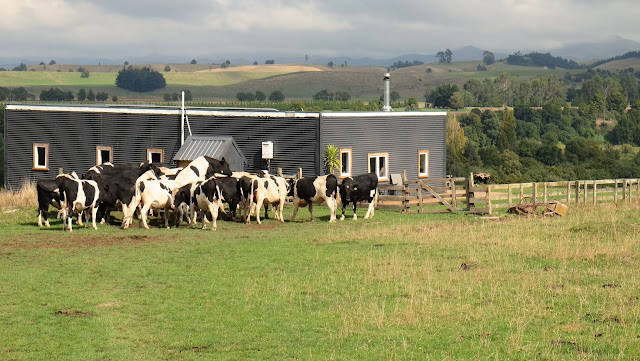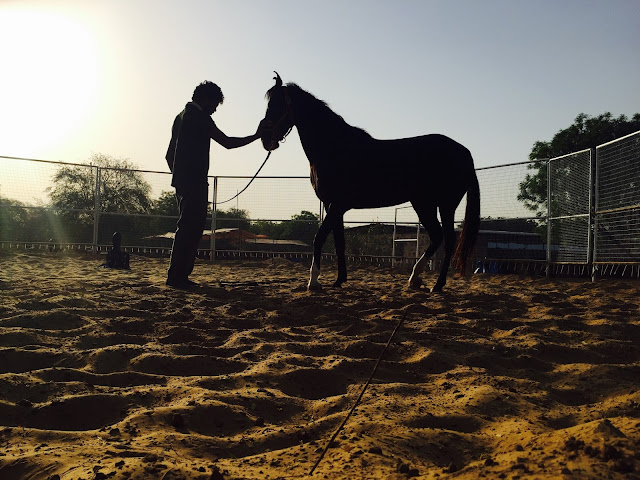Another take on the Tragedy of the Commons
As many people who grow up in a capitalist economy, I have often been told about the Tragedy of the Commons:
"The tragedy of the commons is a term used in social science to describe a situation in a shared-resource system where individual users acting independently according to their own self-interest behave contrary to the common good of all users by depleting or spoiling that resource through their collective action." (Wikipedia)
This assumes that members in a society need private property - only if something is their own will they take care of it. Those who abide by this precept also argue that the sad environmental state of the planet is a direct consequence of this tragedy. Many of the most degraded places in the world are not owned by a private individual or corporation (lakes, the sea, air etc) and therefore no one is incentivised to take care of them. They are overexploited as each of us focuses first and foremost on our own individual good.
Until recently, I had never questioned this assumption. After all, the world seems to be confirming this every day. Growing up, the education system, movies, books and your surroundings generally teach you that if you want something you must grab it. If you don't, someone else will. Since we all behave like this the Tragedy of the Commons must be real.
The botanist Robin Kimmerer, however, argues that this is not true. She says that each of us have both sides: an individual self centred person focusing on its own survival and, on the other hand, a being looking to connect with others and in search of reciprocity. Robin did a lot of research on native Indians in the US (she is of Indian descent herself) and found that native communities focused on bringing out the interconnected persona. This is was in part because the people's survival was so closely linked to their environment and to each other.
Communities would foster, feed and encourage the interconnected persona through folk stories and other forms of education and cultural habits. The individualist behaviours, on the other hand, were shunned. Those who behaved in a way that threatened the common good were ostracised until they changed or until they were kicked out of the community.
When you think about it, it's not very different than what we do today with criminals. Most parents try to teach their children not to be criminals, and those who do will be punished and eventually removed from society.
Maybe the Tragedy of the Commons can be avoided by redefining our place as members of a community. It is a hard task because we don't really need each other to survive anymore. We can order food online to be home-delivered, we can work from our houses. In an unprecedented way for any species on this planet it is now possible for humans to live in complete isolation from the community. But the consequences are hard. Psychologically, people were not meant to be isolated which leads to all sorts of painful and negative ailments. Environmentally, it makes us believe we don't need the land or nature to survive.
Could it be, then, that the Tragedy of the Commons is not a prophecy, a vision of the future and something that is bound to happen but rather a warning of what might (and is) happen if we don't learn to understand and respect the fact that we need to common to survive and thrive.
***********
Notes:
-Robin's book Braiding Switchgrass can be purchased here.
-I am not an economist and may have a limited understanding of the Tragedy of the Commons



Comments
Post a Comment